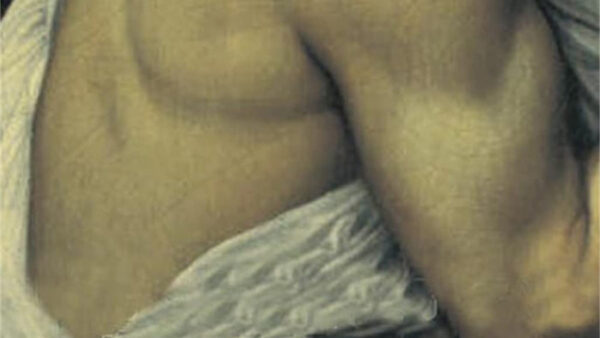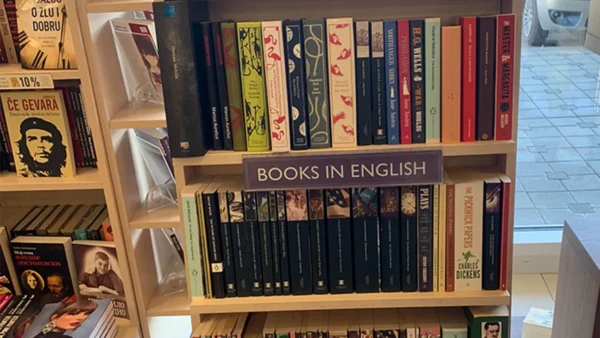Read a very interesting piece by Franco Moretti in New Left Review, July/August 2008. It seems like a synopsis of a much longer, multi-volume work on the theory of the novel, which I plan to read when I have time.
Moretti talks about the theory of the novel by asking three surprising questions: Why are novels in prose? Why are they so often stories of adventures? Why was there a European, but not a Chinese, rise of the novel in the course of the 18th century?
His point about prose is that, while many story-telling traditions employ verse, the prose style of the novel has less symmetry and permanence, more sense of being forward-looking, consequenced-based. It also allows for more narrative complexity, with long sentences and subordinate clauses explaining the full motivations of characters, etc. Moretti also makes the interesting, if seemingly unconnected, point that most novels ever produced are dime-store novels, trashy romances and adventures, but most of the study of novels focuses on the tiny minority of “literary” works. As Moretti says, it is odd that an academic study should focus on an extreme rather than the norm.
That novels are often about adventures is a reflection of the widening of scope and exploration of new worlds that took place along with the rise of the novel. But while it’s geographical widening, it’s socially narrow. It’s the world of the petty nobility of penniless knights, brought forward into the bourgeois age.
Chinese 18th century novels, Moretti says, are different in character from European ones. The protagonists are often groups, not individuals – a household, a set of outlaws – and there is less narrative drama. They are less ‘forward looking’; the action moves more ‘to the side’, i.e. the effects of one action ripple across a huge narrative system, with the characters often trying to contain the change rather than intensify it. He gives an example where a character overhears a big secret, one that could undo the main character in the book and set off a whole chain of events. In a European novel she would have told someone, or threatened to tell someone, or blackmailed the main character. But in the Chinese novel, she decides to keep it to herself.
At the end of the eighteenth century, there was a divergence between Europe and China – China produced very few novels, but those it did produce were seen as art. Europe had a huge explosion in quantity but little increase in quality. This was tied in, Moretti claims, with mass consumption – people had to be constantly re-reading the latest thing, but never re-read anything. They wanted width, not depth.
I need to read the whole book, I suppose, to understand the full meaning of these disparate observations for the theory of the literary novel. This article just raised some interesting perspectives, and encouraged me to think more about it.


